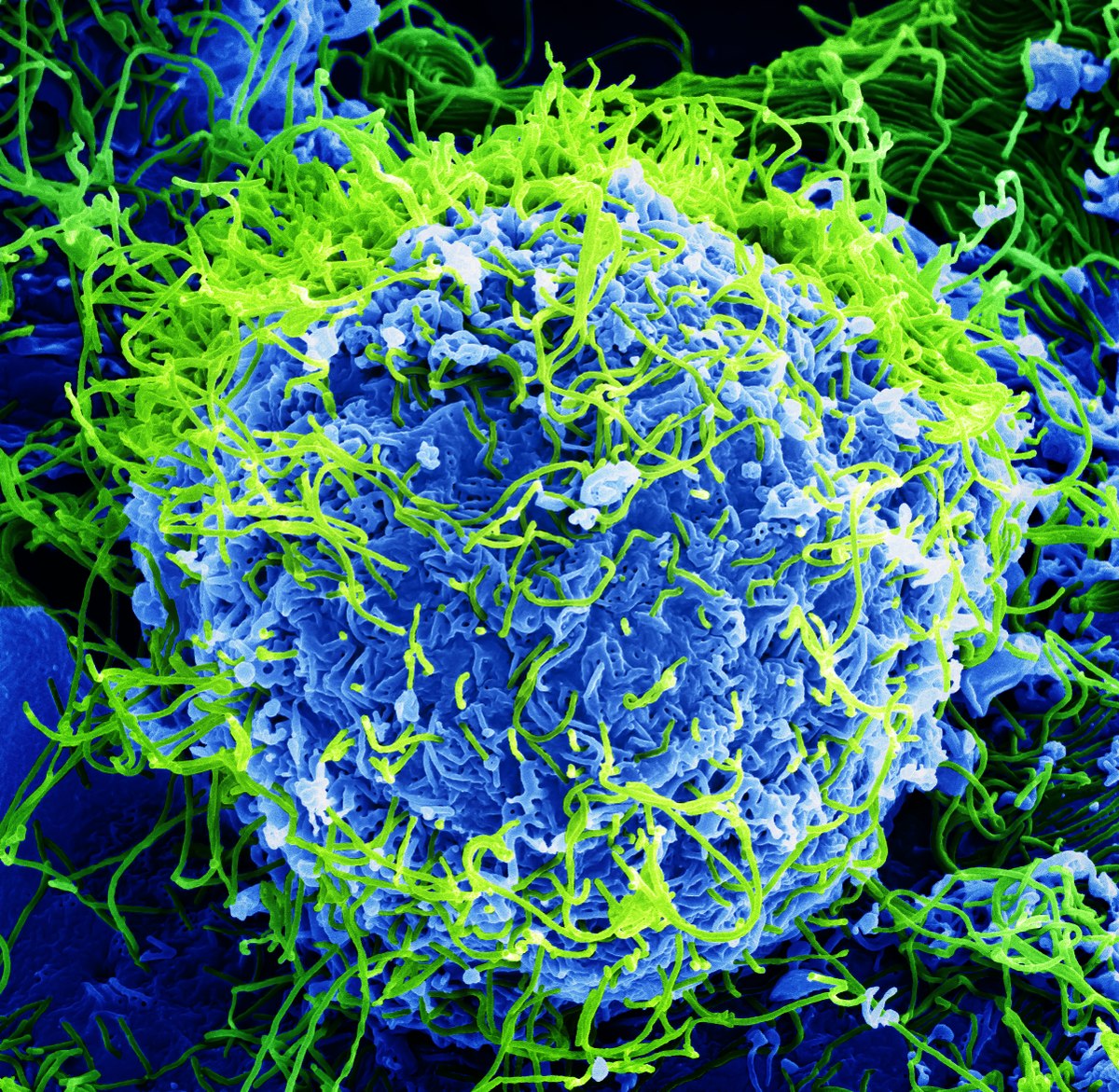Recently, the World Health Organization has declared the end of the possibly deadliest Ebola outbreak in Congo, Africa ever. On Thursday, the health agency released a public statement confirming that the virus has been controlled after a time period of two years.
During the past two years, Ebola outbreaks have caused thousands of cases and around two thousand, two hundred and eighty deaths. Health experts state that the wave should have been controlled long ago. So, what are the factors that made it stay for a long time?
According to reports on the ebola outbreak, local health officials lost the progress over the epidemic due to multiple reasons. The primary cause of widespread of ebola was mistrust among the community members themselves.
The outbreak worsened as the local government officials and bodies overlooked the epidemic due to personal feuds. In addition to a lack of prevention, people then also stopped visiting health facilities.
This is because local feuds paved the way for attacks on health facilities throughout the ebola virus regions, leading to even further transmission. Subsequently, the virus spread even further, paving the way for new outposts, making it the deadliest ebola outbreak.
Therefore, the announcement of the end of the ebola outbreak came as a surprise for many. Currently, Africa is also struggling with a deadly measles epidemic as well as the ongoing coronavirus pandemic.
RELATED: Can Elderberry Syrup Help Relieve COVID-19 Symptoms?
The deadliest Ebola outbreak is the tenth one in Congo till now. A small-scale outbreak still remains in the city of Mbandaka located on the northwestern side of the country.
The regional director for Africa for the World Health Organization, Dr. Matshidiso Moeti states that overcoming the ebola outbreak was not an easy task.
He added that “At times it seemed like a mission impossible. Ending this Ebola outbreak is a sign of hope for the region and the world, that with solidarity and science and courage and commitment, even the most challenging epidemics can be controlled.”
The deadliest Ebola outbreak was declared by the WHO at the beginning of the month of August in 2018. In the span of a year, around 3,463 in South Kivu, North Kivu, and Ituri provinces tested positive for the virus.
In July of 2019, the tenth outbreak became a global health emergency as it was even deadlier than the Ebola epidemic of 2014-16. Statistically, it infected around 28,616 people in two years and was the cause of over eleven thousand deaths.
Health care providers are continuing to work in order to prevent future outbreaks of the ebola virus. However, there have been several attacks on ebola facilities in the past two years.
These attacks, reportedly coming from rebellious and terrorist groups have forced agencies working in the region including Doctors Without Borders and the United Nations Children’s Fund to withdraw for protection.
According to the World Health Organization, there have been a total of four hundred and twenty attacks on the different facilities for combating ebola. These have resulted in eighty-six people getting severe injuries and eleven deaths.
Mistrust and misinformation are the primary causes of the attacks. Many people do not visit health facilities, assuming the disease actually does not exist. A more violent population of people have actively asked people to boycott the facilities and workers, creating more hurdles to stop the epidemic.
However, over time, the health care workers have learned to engage with the community and tackle widespread false information about the virus. Along with better communication, new Ebola vaccines help end the deadliest ebola outbreak effectively.
According to the director-general of WHO, Tedros Adhanom Ghebreyesus, the end of ebola was a victory for science. There is now a certified and effective vaccine for ebola.


